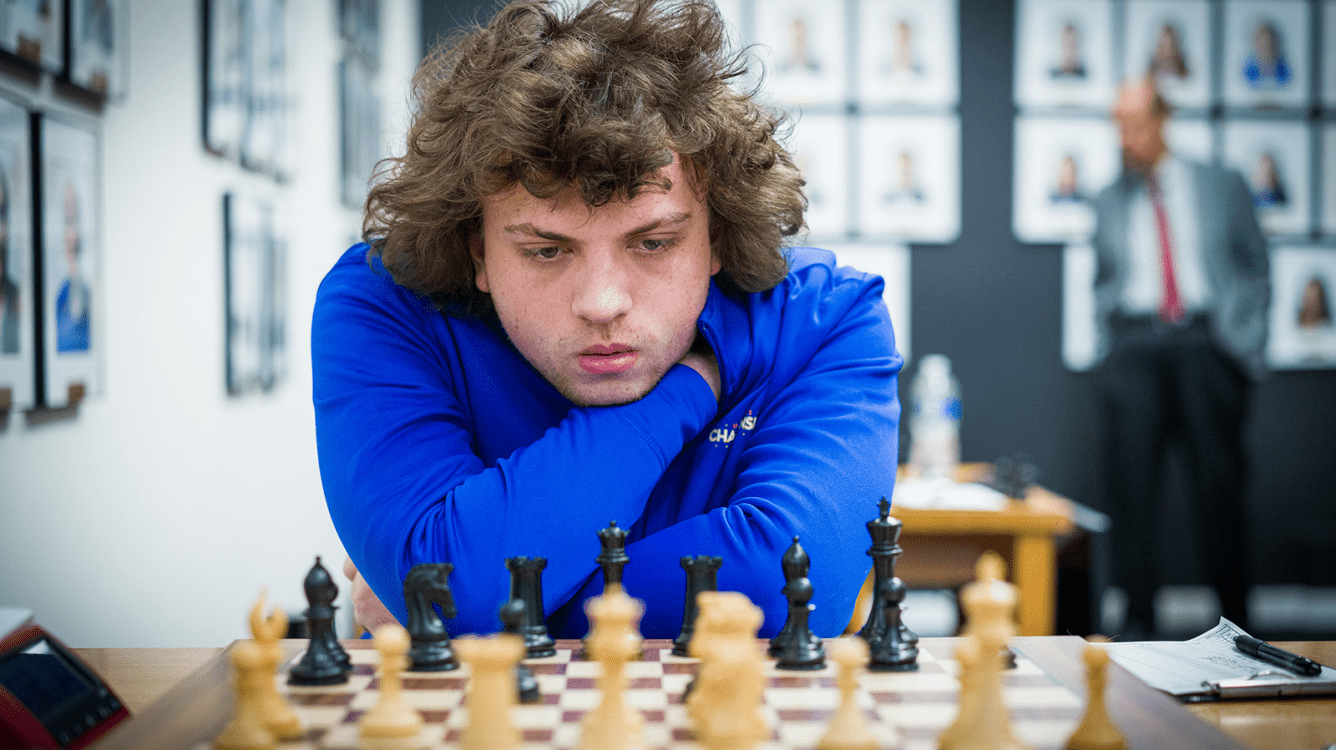
Chess.com Files Motion To Dismiss Hans Niemann Lawsuit
Chess.com has formally requested the Eastern Missouri District Court to dismiss GM Hans Niemann's defamation lawsuit. The motion to dismiss, filed on December 2, 2022, asserts that the lawsuit "could have been brought only as a public relations stunt."
Chess.com's answer to Niemann's complaints comes 43 days after the lawsuit was brought to court by Niemann's lawyers on October 20. In their motion, the Chess.com lawyers present a set of arguments as to why the court should not allow the suit to move forward.
In addition to Chess.com, Niemann's lawsuit names GM Magnus Carlsen, GM Hikaru Nakamura, the Play Magnus Group, and IM Danny Rensch as defendants and seeks at least $100 million in damages. Against all five entities, Niemann is claiming slander, libel, unlawful group boycott under the Sherman Act, tortious interference with contract and business expectancies, and civil conspiracy.
Chess.com's lawyers claim that all five elements of Niemann's complaint are "plainly without merit." They reference 71 earlier cases in a motion to dismiss that spans 27 pages. By default, a motion cannot exceed 15 pages, but a joint request by Chess.com and Carlsen to exceed this limit was granted by the court.
Chess.com first addresses Niemann's attempt to assert a federal antitrust claim under the Sherman Act. Niemann's suit suggests that he was unreasonably limited in his ways to make a living through chess tournaments, endorsements, and other business opportunities because Chess.com, PlayMagnus, Carlsen, Nakamura, and Rensch had "concerted actions to ban and blacklist Niemann" from the "global competitive chess industry."
In the motion, Chess.com's lawyers assert that Niemann fails to adequately demonstrate the existence of a conspiracy or group boycott, that there was an actual antitrust injury, and also that there was any alleged agreement that unreasonably restrained trade.
Niemann's asserted claims for libel, slander, tortious interference, and civil conspiracy are "meritless on their face," according to Chess.com lawyers, and "must be dismissed at the threshold because they are barred by Connecticut’s anti-Strategic Lawsuits Against Public Participation (anti-SLAPP) statute." This statute allows defendants to file a special motion to dismiss when a complaint is “based on the opposing party’s exercise of its right of free speech, right to petition the government, or right of association" under the U.S. or Connecticut constitutions.
Chess.com's motion notes that a similar defense has been brought up by Carlsen's lawyers, who have claimed that Connecticut’s anti-SLAPP statute precludes all of Niemann’s state law claims because Missouri federal courts apply the law of the jurisdiction in which the plaintiff resides—here, Connecticut—when evaluating state-law claims that, like Niemann’s, are rooted in alleged defamation. Citing the suit Fuqua Homes, Inc. v. Beattie (2004), Chess.com argues that Connecticut, therefore, has the "most significant relationship to the issues presented in the case."
Should the court disagree with Chess.com and Carlsen here and deem Connecticut’s anti-SLAPP statute irrelevant, the Chess.com lawyers argue that Niemann's defamation claims also fail under the law of Missouri. In their opinion, the allegations require that the defendant must have published a defamatory statement that is "actionable," meaning, "objectively false." Additionally, when a defamatory statement is allegedly made about a public figure, the First Amendment to the U.S. Constitution requires the plaintiff to also demonstrate that the statement was published with actual malice. According to Chess.com, none of their statements were objectively false. They are opinions and do not demonstrate actual malice.
Niemann’s tortious interference claim fails as well, according to Chess.com. He had argued that, because of actions by Chess.com, PlayMagnus, Carlsen, Nakamura, and Rensch, his scheduled match with the young German grandmaster Vincent Keymer was canceled and that negotiations with the Tata Steel Chess Tournament were abruptly ended. Chess.com states that Niemann "fails to allege any facts regarding Chess.com’s actual knowledge of his negotiations with the Tata Steel Chess Tournament or a planned match with Keymer."
Finally, Niemann’s standalone claim for civil conspiracy fails, according to Chess.com, because "it is derivative of his other claims" and this conspiracy claim "fails for the independent reason that Niemann does not allege any agreement among the Defendants."
What will happen next is not clear yet. Niemann's lawyers have a chance to respond to this motion, but if they do, Chess.com has an opportunity to submit a reply brief. The court will then likely take the matter up at a hearing before issuing a decision. At the time of writing, it is unclear if other defendants have also issued a motion to dismiss.
Previous coverage:


